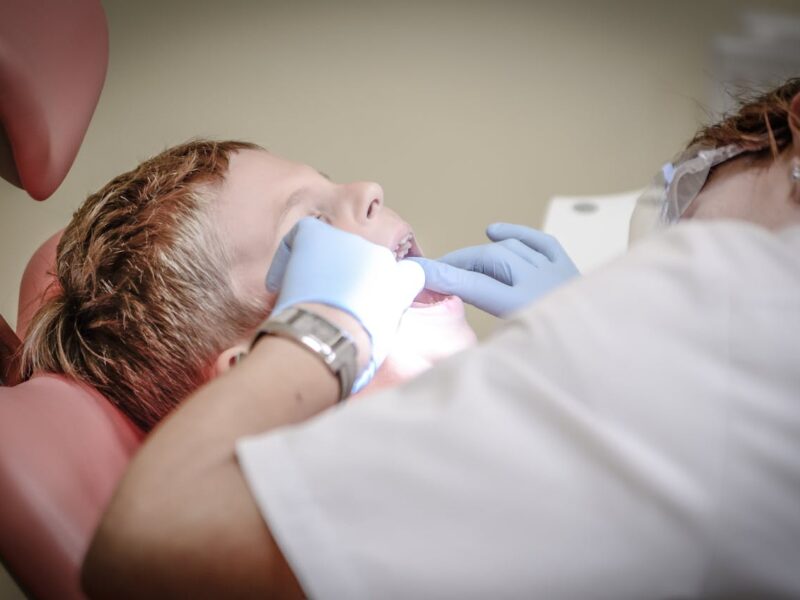Are you worried that your loved one may be battling a heroin addiction?
Don’t delay reaching out for help no one is beyond the reach of recovery! Signs of heroin addiction are not always obvious, and most people start using it accidentally.
Here we will discuss the dangers of heroin and warning signs that your loved one may pick up the needle.
Keep reading to learn more!
Contents
1. Uncontrollable Cravings and Withdrawal Symptoms
Signs of heroin addiction include uncontrollable cravings and withdrawal symptoms. Individuals experiencing heroin addiction will be consumed by their cravings to the point that they will go to great lengths to procure the drug.
Withdrawal symptoms they will experience as a result of their addiction include:
- strong cravings
- depression
- insomnia
- fatigue
- nausea
- abdominal cramps
- muscle cramps
Additionally, individuals without access to the drug will often have:
- anxiety
- sweating
- chills
- joint pain
- severe muscle pains
In some cases, heroin withdrawal can even cause tremors, increased blood pressure, rapid heart rate, and decreased appetite. The uncontrollable cravings and severe withdrawal symptoms are the most telling addiction signs.
2. Loss of Interest and Participation in Prior Activities
Heroin addiction can often lead to a pronounced disengagement with activities the person used to engage in and enjoy. This can cause subtle yet noticeable changes in behavior that should be watched out for.
Loss of interest and participation in prior activities may include decreased involvement in hobbies, sports, or other interests. A sudden departure from long-held routines and a previously active lifestyle can be indicative of opioid use, as heroin addicts often become disinterested in activities that don’t involve drugs or those that interfere with drug use.
Impaired short- and long-term memory refers to the user’s inability to remember what they did the night before or their plans for the future. In addition, someone struggling with heroin addiction may find themselves apathetic to attending social gatherings or lacking interest in engaging in conversation.
3. Behavioral and Physical Changes
Heroin addiction can cause both physical and behavioral changes. Physically, a person addicted to heroin may experience a rapid deterioration of health, including extreme weight loss, physical exhaustion, and difficulty sleeping.
In addition, their skin may become far paler, and they may have signs of physical sickness, such as a fever. Behaviorally, heroin addiction can manifest in changes such as apathy, irritability, mood swings, and difficulty concentrating or recalling memories.
They may isolate themselves or spend an excessive amount of time sleeping. Drug paraphernalia, such as burned spoons, needles, and ties with marks, can be a sign that a person is using heroin, as well as having track marks on their arms from shooting up.
The person may also become more secretive and acquire large amounts of cash without any plausible explanation. Finally, the person may experience an uncontrollable urge for the drug.
If you or someone you know has any of the above symptoms, it is important that they get help right away and bring them to a rehabilitation facility.
4. Financial Troubles
Financial troubles can often be a sign of heroin addiction. Heroin is an incredibly expensive drug, and it can quickly drain someone’s bank account. When coupled with the fact that addiction therapy often leads people to prioritize their habits over their obligations, it is possible for someone to suddenly find themselves with very little money. As their drug use progresses, an addict may also start to neglect their job and other responsibilities, leading to even more financial troubles.
Financial troubles can be one of the many signs of heroin addiction. Heroin creates a powerful physical and mental addiction that requires medical intervention for recovery. Long-term heroin use can cause health risks, including an increased risk of infectious diseases, overdose, and death.
Heroin is also highly addictive and comes with a significant financial burden. The cost of a significant heroin addiction can quickly spiral out of control. Heroin users are likely to deplete their savings, exhaust their income, and rack up significant amounts of debt. They will commit crimes to get money for their heroin use and often find themselves in financial crisis.
Financial difficulties are an indicator of severe heroin addiction and should be addressed as soon as possible so that the user can receive the help they need.
5. Changes in Social Habits and Networks
Heroin addiction can show signs of changes in social habits and networks in many ways. An addicted individual may start to associate and spend more time with other heroin users or become more socially isolated.
They may become distant from family and friends and cease involvement in hobbies that they once enjoyed. They may begin to distance themselves, socialize less, be less involved with family gatherings or special events, and may not stay in contact with old friends or family members.
Additionally, their daily schedule may become erratic, and there may be changes in the places they are seen. These behaviors can be indicators of changes in social habits and networks and potential heroin addiction.
Read More About Heroin Addiction
Heroin addiction is a severe and dangerous condition that can lead to severe health complications, even death. Early detection of the signs of heroin addiction is important in order to get help and start the recovery process.
If you believe you or someone close to you is exhibiting signs of heroin addiction, please be sure to reach out to a doctor or rehabilitation center to receive further care and support.
Did you find this article helpful? Check out the rest of our blog for more!



